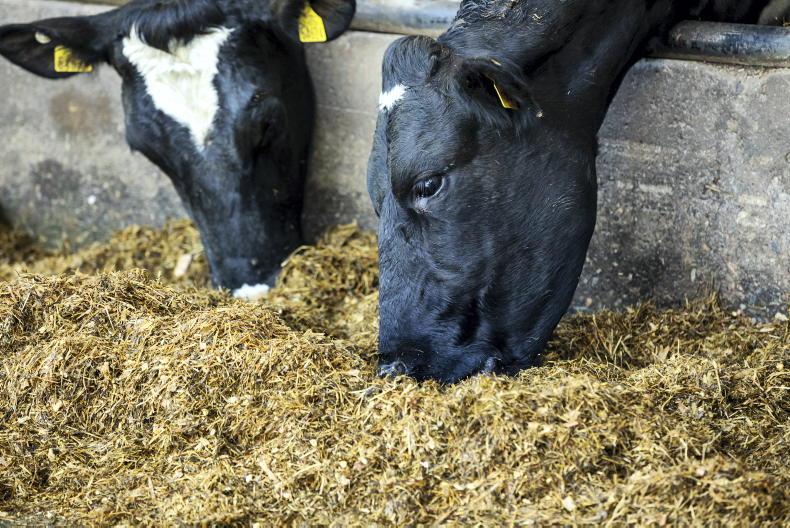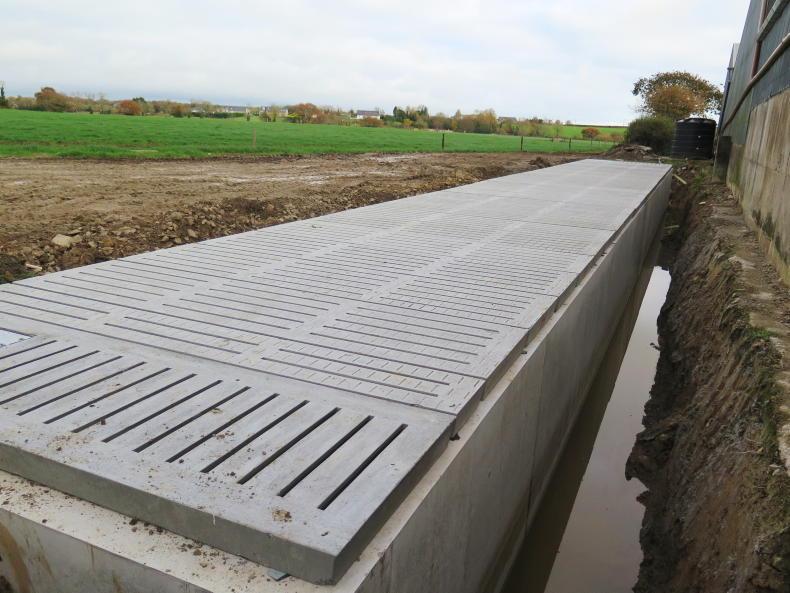On Monday night British MPs voted on alternative options for a softer Brexit. Four options were put to a vote, with all four being defeated.
The closest margin was for continued membership of the customs union, which failed by three votes, 273 for but 276 against.
The proposal to hold a second Brexit referendum lost by 12 votes – 280 in favour, 292 against.
The proposal to remain in the single market with a customs arrangement fell by 21 votes, with 261 in favour and 282 against.
And lastly, the proposal to revoke Article 50 and for the UK to remain in the EU was heavily defeated, with just 191 MPs in favour and 292 against.
What this means
This vote demonstrates that Westminster cannot decide what type of Brexit it wants even though MPs have been clear in opposing a no-deal Brexit.
Theresa May was out of limelight on Monday but the focus now returns to her, and the possibility that she may bring back her Withdrawal Agreement for a fourth time.
If the Withdrawal Agreement is passed, then the UK will leave the EU on 22 May. If it fails the default position is that the UK will leave the EU on 12 April without a deal and commence trading under World Trade Organisation (WTO) terms.
Outcomes
The reality is in Westminster that anything could happen. It is possible that the losers of the votes on Monday night may attempt to return with some sort of combined proposal.
Alternatively, with the British government having essentially lost control of the agenda in the House of Commons, there is speculation of a general election.
That brings the issue of Theresa May into focus – would she lead the Conservatives into that election or would she depart immediately?
Also, given the divisions in the Labour party, would an election bring any greater clarity?
Farmer impact
The disastrous impact of a no-deal Brexit is getting dangerously close.
Aside from the cross border trade in milk, pigs, sheep, cattle and beef there is also the huge trade between Ireland and Britain to consider.
The UK's customs proposals in the event of a no-deal Brexit will have varying impacts on the export of Irish produce to the UK. Sheepmeat exports will stop immediately as the UK have said they will impose full WTO tariff.
Irish cheddar and butter will carry a €220 and €600 per tonne tariff respectively, making them significantly more expensive for UK consumers.
Beef may survive in the short-term due to a tariff free quota and a lead in period before a major influx of South American imports arrive to increase competition and drive down prices.
Pigs moving south to north should be able to continue as the UK has indicated it will not be imposing tariffs on trade between the Republic of Ireland and Northern Ireland.
The uncertainty in the UK parliament about what type of Brexit to pursue means the reality is that there is one concrete option that in place – a no-deal departure on 12 April.
Farmers have been assured by the Government and the EU that they are ready with support measures if necessary.
Both have been reluctant to reveal these supports because doing so would interference in the market. However as 12 April draws closer with alternative in place, then these plans have not just to be ready, but farmers also need clarity on how they can expect trading to continue in the days following the UK departure.
Read more
'Exceptional aid' for beef in no-deal Brexit – Creed
No-deal tariffs on Irish agri food exports to cost €611m
On Monday night British MPs voted on alternative options for a softer Brexit. Four options were put to a vote, with all four being defeated.
The closest margin was for continued membership of the customs union, which failed by three votes, 273 for but 276 against.
The proposal to hold a second Brexit referendum lost by 12 votes – 280 in favour, 292 against.
The proposal to remain in the single market with a customs arrangement fell by 21 votes, with 261 in favour and 282 against.
And lastly, the proposal to revoke Article 50 and for the UK to remain in the EU was heavily defeated, with just 191 MPs in favour and 292 against.
What this means
This vote demonstrates that Westminster cannot decide what type of Brexit it wants even though MPs have been clear in opposing a no-deal Brexit.
Theresa May was out of limelight on Monday but the focus now returns to her, and the possibility that she may bring back her Withdrawal Agreement for a fourth time.
If the Withdrawal Agreement is passed, then the UK will leave the EU on 22 May. If it fails the default position is that the UK will leave the EU on 12 April without a deal and commence trading under World Trade Organisation (WTO) terms.
Outcomes
The reality is in Westminster that anything could happen. It is possible that the losers of the votes on Monday night may attempt to return with some sort of combined proposal.
Alternatively, with the British government having essentially lost control of the agenda in the House of Commons, there is speculation of a general election.
That brings the issue of Theresa May into focus – would she lead the Conservatives into that election or would she depart immediately?
Also, given the divisions in the Labour party, would an election bring any greater clarity?
Farmer impact
The disastrous impact of a no-deal Brexit is getting dangerously close.
Aside from the cross border trade in milk, pigs, sheep, cattle and beef there is also the huge trade between Ireland and Britain to consider.
The UK's customs proposals in the event of a no-deal Brexit will have varying impacts on the export of Irish produce to the UK. Sheepmeat exports will stop immediately as the UK have said they will impose full WTO tariff.
Irish cheddar and butter will carry a €220 and €600 per tonne tariff respectively, making them significantly more expensive for UK consumers.
Beef may survive in the short-term due to a tariff free quota and a lead in period before a major influx of South American imports arrive to increase competition and drive down prices.
Pigs moving south to north should be able to continue as the UK has indicated it will not be imposing tariffs on trade between the Republic of Ireland and Northern Ireland.
The uncertainty in the UK parliament about what type of Brexit to pursue means the reality is that there is one concrete option that in place – a no-deal departure on 12 April.
Farmers have been assured by the Government and the EU that they are ready with support measures if necessary.
Both have been reluctant to reveal these supports because doing so would interference in the market. However as 12 April draws closer with alternative in place, then these plans have not just to be ready, but farmers also need clarity on how they can expect trading to continue in the days following the UK departure.
Read more
'Exceptional aid' for beef in no-deal Brexit – Creed
No-deal tariffs on Irish agri food exports to cost €611m









SHARING OPTIONS